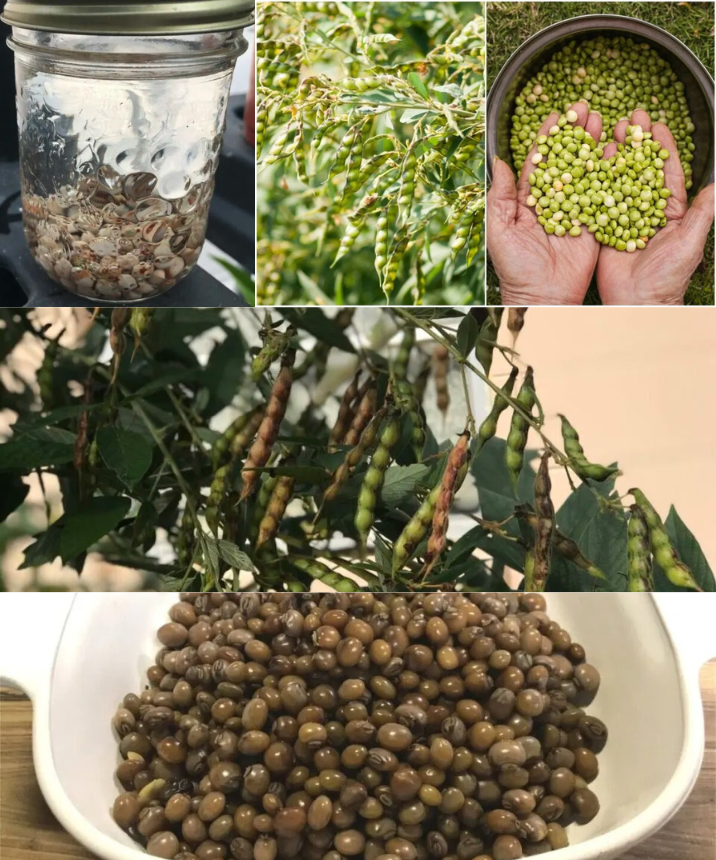The quest for a more sustainable and nutritious diet is leading many gardeners toward innovative choices. Among these, pigeon peas stand out as a versatile crop that offers much more than simple nutritional benefits.
Reasons to Grow Pigeon Peas:
- Nutritional Riches: Pigeon peas are a potent source of proteins, fiber, and essential nutrients, making them a nutrient-dense addition to your diet.
- Easy Storage: Once dried, pigeon peas can be stored for several years, providing a practical storage solution.
- Easy Preparation: With a naturally buttery and umami flavor, pigeon peas don’t require complicated recipes to be delicious.
- Medicinal Benefits: In addition to their nutritional value, pigeon peas have medicinal properties, such as their hypoglycemic effect, useful for regulating blood sugar levels.
- Affordable Livestock Feed: The protein-rich leaves of pigeon peas are an accessible food source for livestock.
- Nitrogen Fixer and Soil Improvement: As legumes, pigeon peas enrich the soil by fixing nitrogen and improving its structure with their deep roots.
- Wind Protection: Pigeon pea plants can grow from 5 to 10 feet in one season, depending on the variety. This makes them perfect for planting in rows as a wind barrier.
- Attraction of Pollinators: The vibrant yellow flowers attract bees, fostering pollination and increasing garden yield.
- Easy to Grow: Planting these short-lived perennial legumes makes sustainable gardening cheaper and easier. They’re also incredibly drought-tolerant and thrive in poor soil.
- Versatility: Whether grown as a perennial in subtropical or tropical zones or as an annual in temperate climates, pigeon peas offer great culinary versatility.
- Useful Wood Source: While not ideal for firewood, pigeon pea wood makes excellent kindling and can be used to build temporary structures.
How to Grow Pigeon Peas: Practical Tips:
- Location and Planting: Choose a sunny location, plant the seeds directly in the soil, avoiding waterlogged areas.
- Minimal Care: Pigeon peas are undemanding, requiring little water and being resistant to pests.
- Harvest and Storage: Harvest the pods when mature, store them in a dry place. Shelling can be made easier using a simple technique with a bag.
- Cooking: Pigeon peas can be used in various recipes, providing a protein alternative to traditional dishes.
Conclusion:
Growing pigeon peas goes beyond mere food production. It’s a step towards a more sustainable diet, combining nutritional benefits, versatile cultivation, and environmental advantages. Whether you’re a gardening beginner or a self-sufficiency advocate, pigeon peas deserve a spot in your garden. An abundant source, easy to grow, prepare, and integrate into a healthy and balanced diet.
